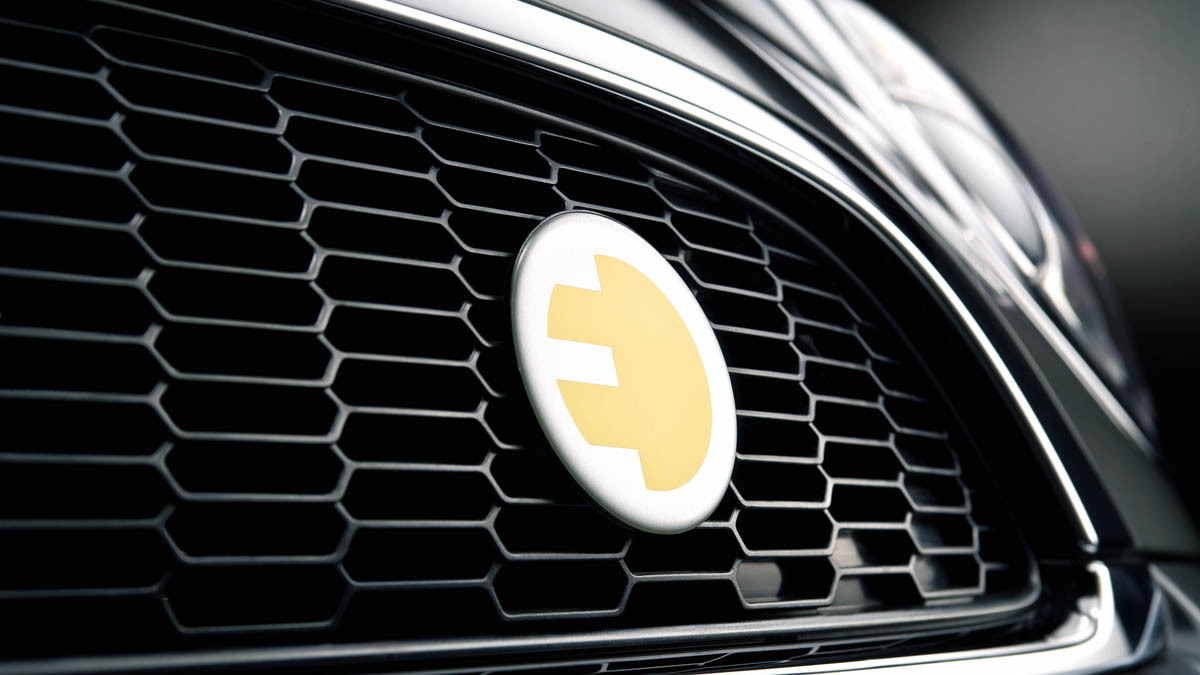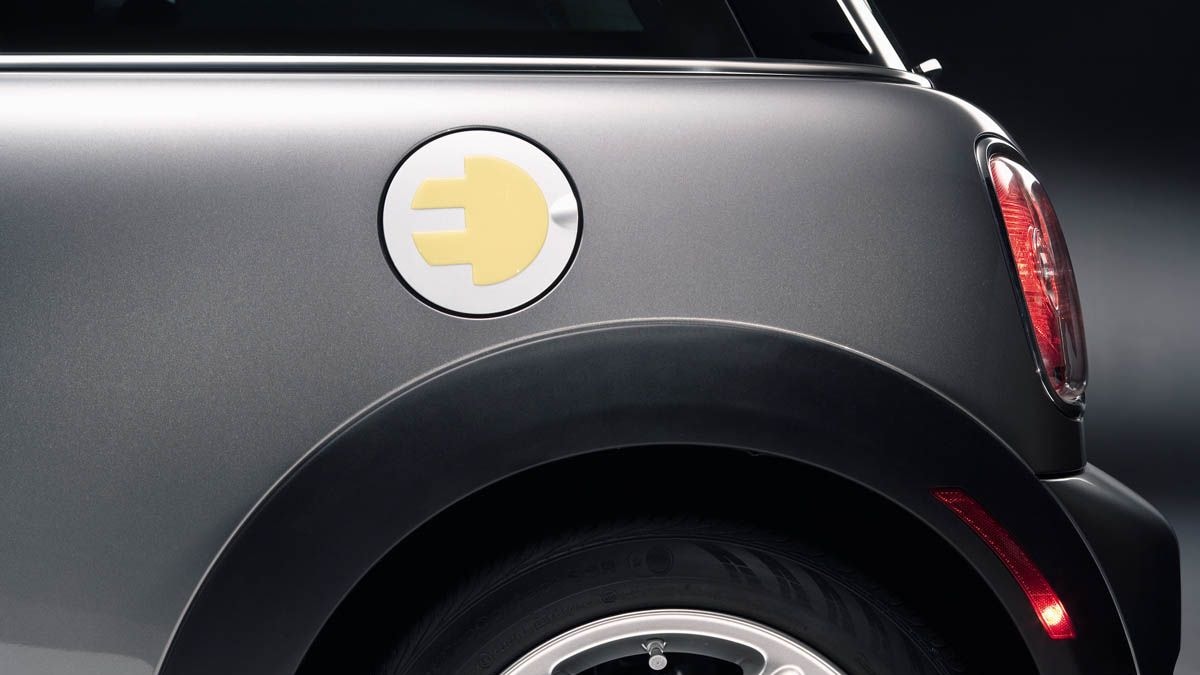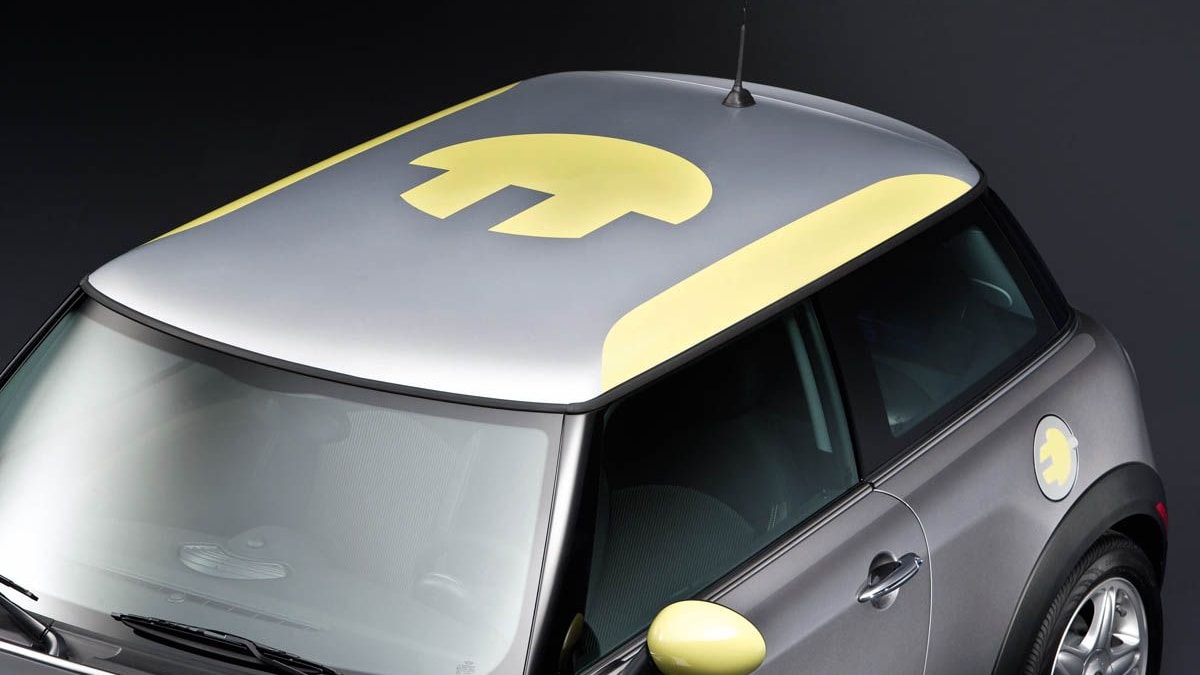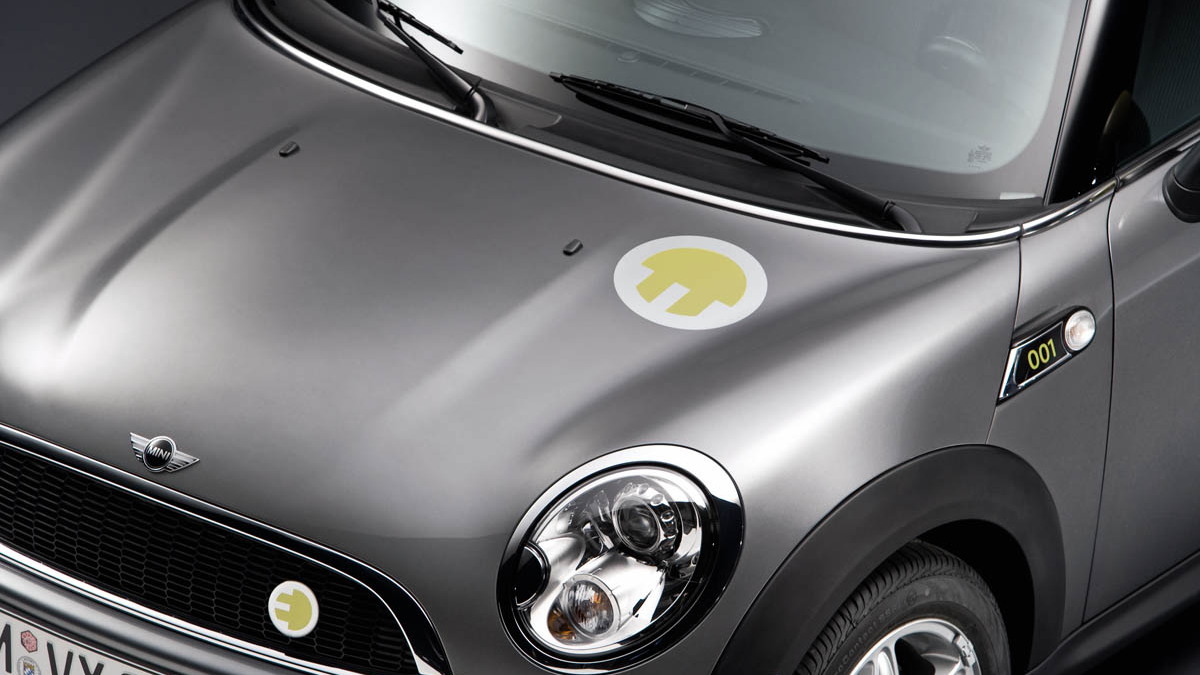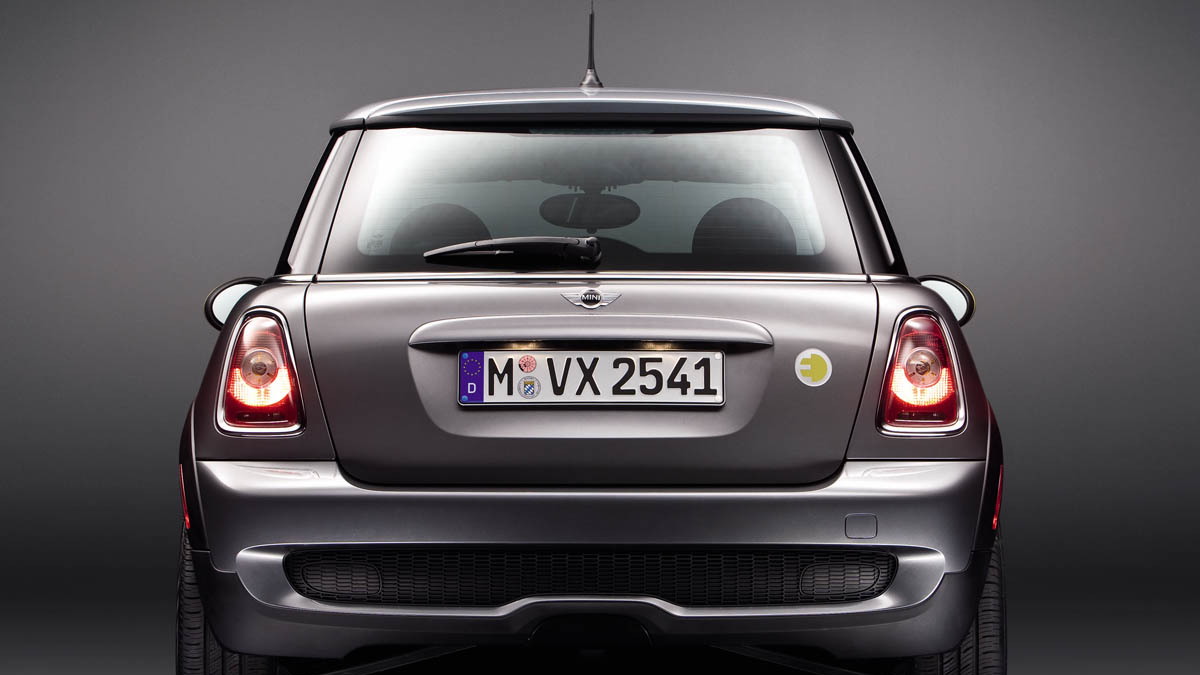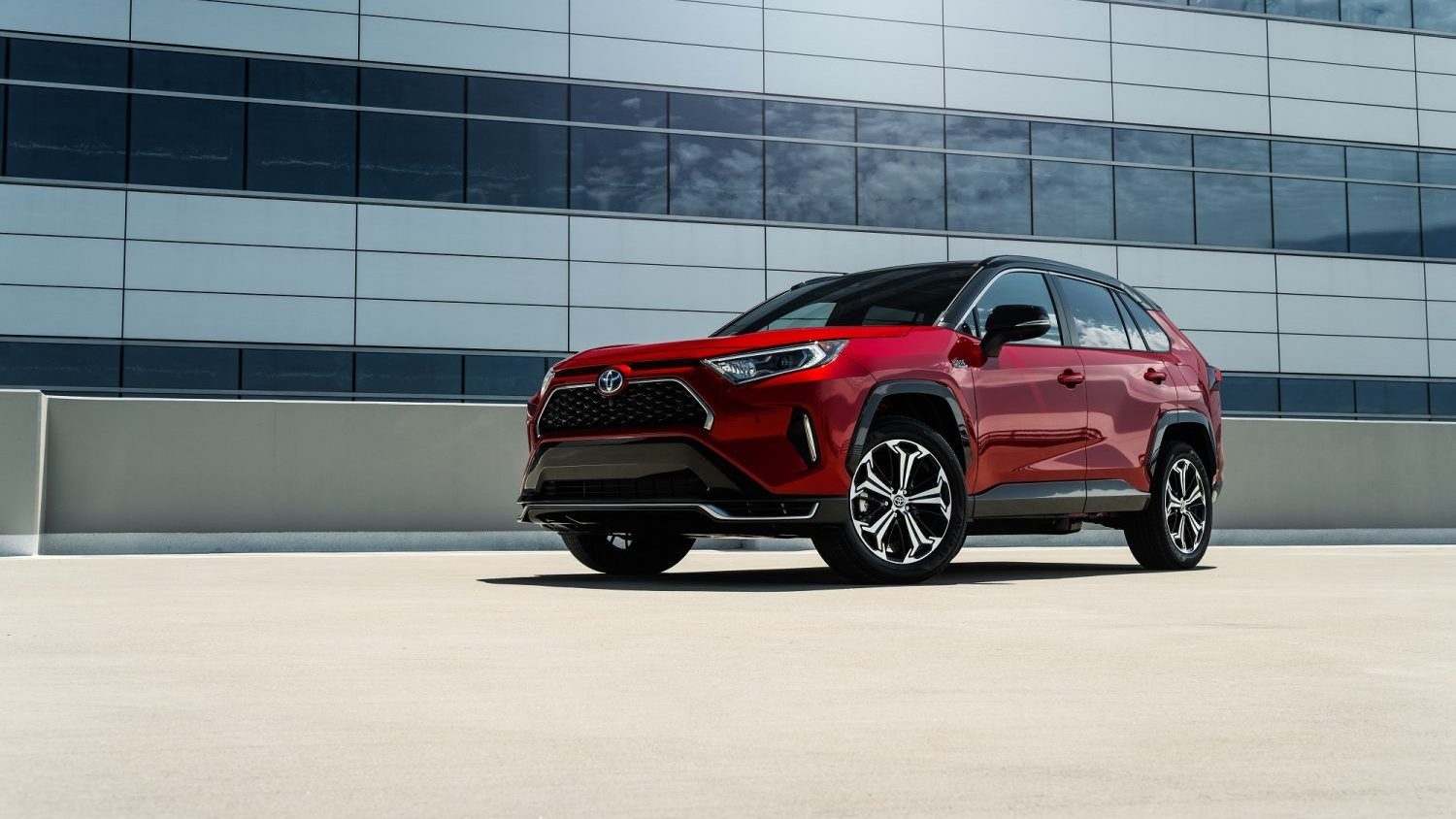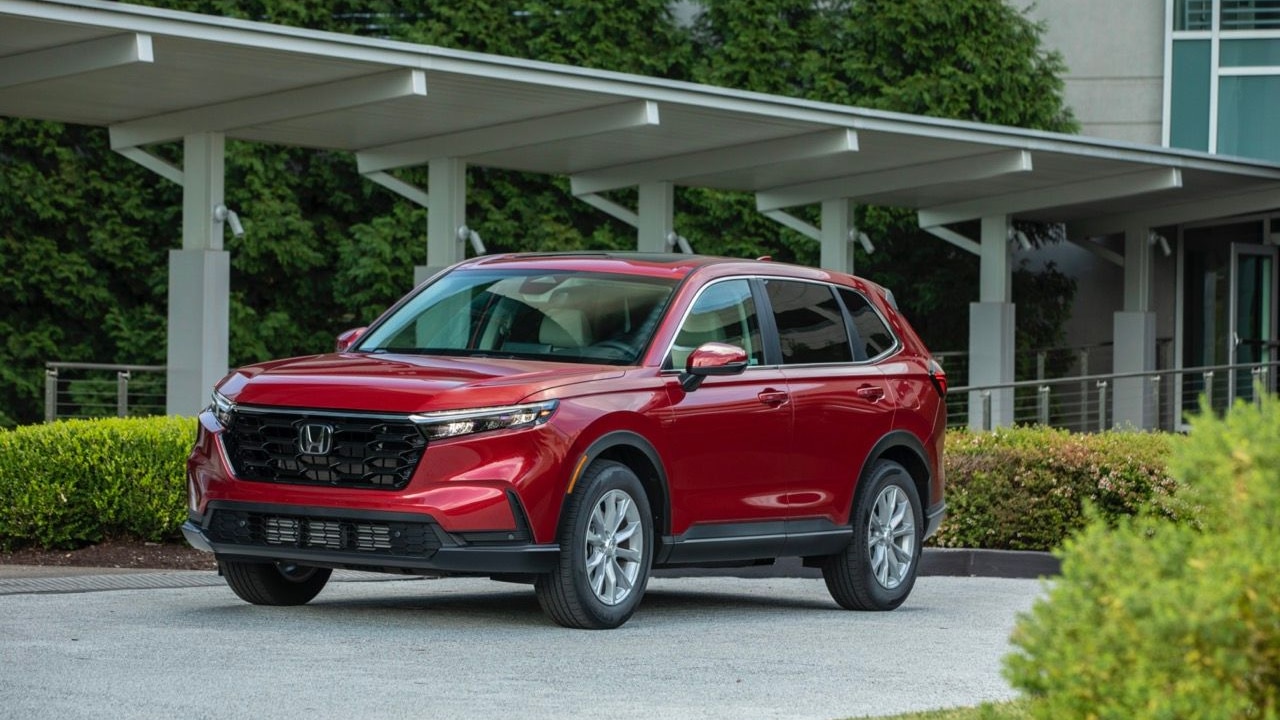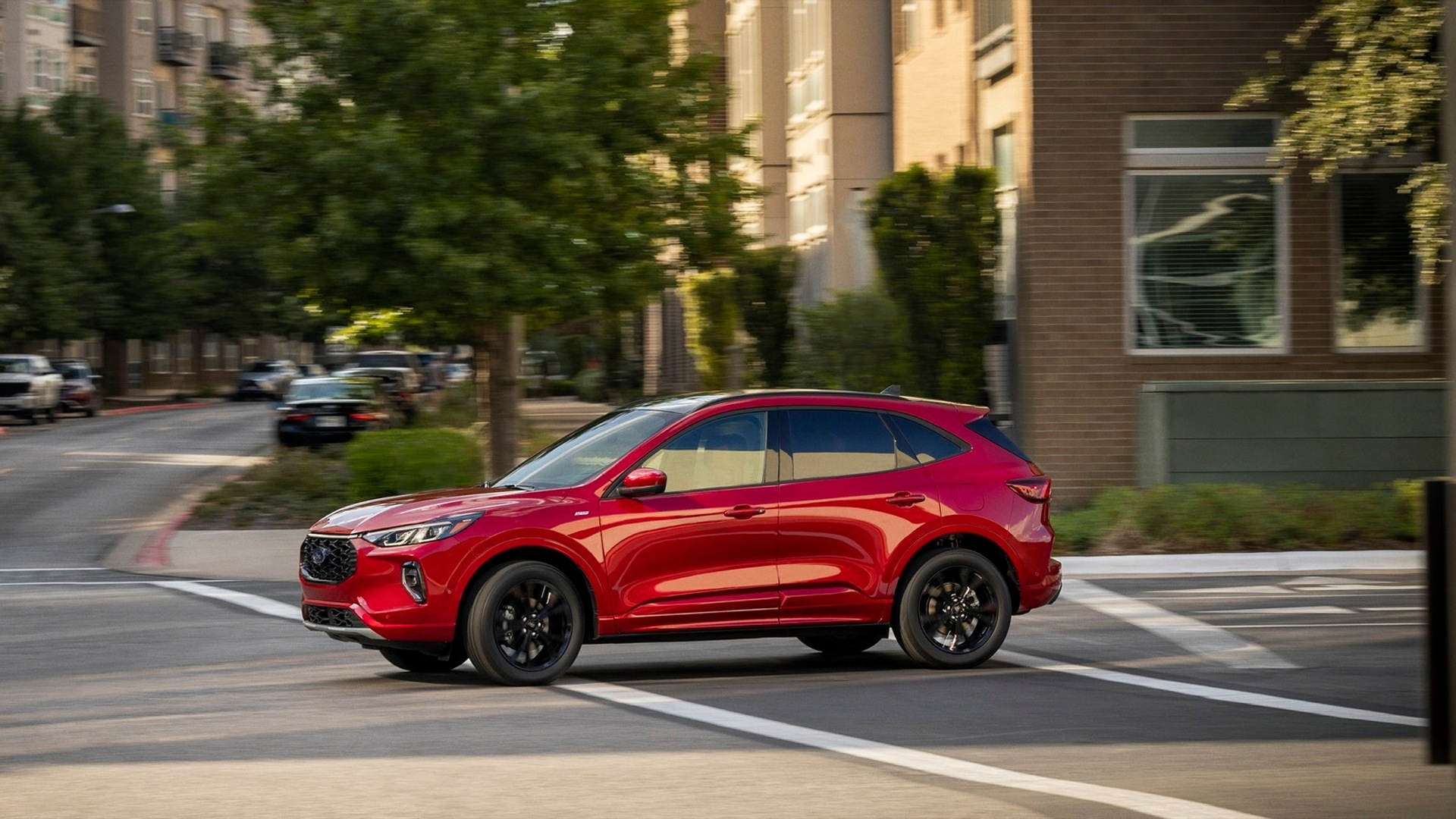Details of the Mini-E were released early last week ahead of the L.A. Auto Show, and journalists were invited to drive a number of the cars during the show. As a conversion of an existing combustion-engine platform, the Mini-E lacks some of the elegance of a purpose-built solution, sacrificing cargo space for the batteries and associated gear necessary to control the system.
BMW hopes the Mini-E, which generates no local CO2, will offer an attractive, clean alternative to standard cars and draw attention to the project. Like all EVs, the electricity used to charge them frequently comes from CO2-emitting sources such as coal, but Vattenfall Europe, BMW's partner in launching the field test, is guaranteeing the power used for the project will be CO2-neutral, whether it comes from public re-charging stations or the homes of participants, reports TradingMarkets.
